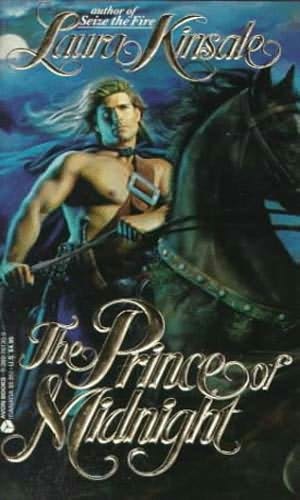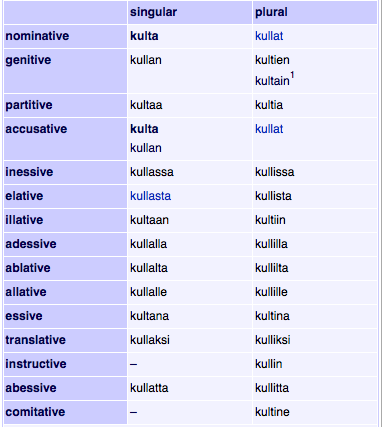I've been going strong on my RITA reading, but somehow or other (wedding, honeymoon) have fallen behind on the actual writing-up of my thoughts. So this post is going to tackle two RITA winners -- plus, a bonus book! -- for reasons that should become obvious. Ultimately, what I've taken away from these three books is: location, location, location.
First up: The Sandalwood Princess, by Loretta Chase.
 Brief admission: Loretta Chase is currently my number-one favorite romance author, and for the past year and a half I've been reading everything of hers I could get my hands on. This one was a new one, and unlike many of her others it moved around a lot from place to place: India, onboard ship, a country manor house, and India again.
Brief admission: Loretta Chase is currently my number-one favorite romance author, and for the past year and a half I've been reading everything of hers I could get my hands on. This one was a new one, and unlike many of her others it moved around a lot from place to place: India, onboard ship, a country manor house, and India again.
From a writers' craft standpoint, each of these locations provided a framework for a different part of the story:
- India holds the initial moment of contact, where the thief-hero steals the titular princess statue from our heroine. But it is also the home of the sly, elderly whose failed long-ago romance is the impetus for the plot, and a foil to our hero and heroine.
- On the ship back to England, our hero masquerades as a servant, a deception which succeeds but which does not prevent the heroine from stealing the statue back from the false master she believes to be the real thief. It is also a space where neither the hero or heroine is entirely at home, and being jarred out of a familiar setting leads to more intimate conversation than each might otherwise have permitted.
- Once in England, the heroine realizes the statue is missing and follows the heroine north to find an opportunity of stealing it back -- which means convincing the heroine he was fired by his master once the statue disappeared from the ship. She hires him as a secretary/butler, which allows them to spend hours together in a cozy domestic setting, enjoying one another's company and falling even more deeply in love.
- The thief ultimately has to steal the statue back, for some reason, and everybody goes back to India, where the final twist is revealed and both romance plotlines find a resolution.
Ultimately, the locations are a shorthand for the developing relationship, as often happens in romances (I'm looking at you, Pemberley, and every manor house descriptive passage you've inspired in two hundred years). It's usually a pretty good trick, even when the seams show.
But it has a downside: it can make your hero and heroine seem like they are an entirely different person when they are in a different location. Sometimes this is important, and can shake up a complacent character -- again, PEMBERLEY -- but sometimes it just starts to feel a bit whiplash-y for the reader. "Wait -- who the hell is this person with the same name as that person I was just getting to know? That person would never do this. What's going on?"
Unfortunately, this is what happened in The Prince of Midnight by Laura Kinsale, which was absolutely jam-packed full of things. Anything that could be made interesting was interest-ified within an inch of its life. 
The hero is a half-deaf hermit and former highwayman still wanted in England, whose best friend is a tame wolf. The heroine is the only survivor of a family wiped out by a malicious pastor's oppressive cult in her home village. (No, really.) They meet the totally squicky Marquis de Sade, and later a group of aristocratic snuff enthusiasts -- and, to clarify, not the "Oh look at my tiny dandyish habit" snuff. The "Oh look at me choke a woman to death during sex" snuff.
But I'm getting off-track.
I stumbled upon another Kinsale romance, An Uncertain Magic, which had the same rampant busyness. (Psychics! Repressed memories! Revolution in Ireland! The Sidhe! An adorable brandy-drinking pig!) What's more, it had the same unconcern with locations as the first one. Kinsale's places feel ephemeral, as though the characters are only tangentially rooted there. Perhaps this is because the couples in both novels are somewhat unrooted themselves: there's a lot of things that happen on the road, or in houses being falling down or being rebuilt, or in inns and waystations and the like. And I have to admit to being really, really fond of the hero from Prince of Midnight, mostly on account of how different he is from the usual alpha hero. (Very broken, and more than a little sad, and very aware that his desperation is not attractive, which paradoxically makes him quite attractive as a character.)
And maybe it's something about the way the two authors (Chase and Kinsale) think of characters. Chase's style is a much more invisible thing, a mostly realistic narrative voice. Kinsale, though, is a little more fluid and suggestive, a little more poetic, which can be very effective but which always kind of reminds me of Terry Pratchett's description of reading the human mind as "trying to nail fog to the wall." You get all these rich and evocative phrases, but the thread of a specific character's personality tends to wax and wane, disappear and reappear.
Frankly, much as I love an evocative phrase, I want to keep my writing as rooted as possible. Maybe when I make it through all the relevant RITAs I'll start by taking apart a particularly admirable scene or two from some of my favorite novels. Hey, who ever said a comparative literature degree couldn't be useful?



